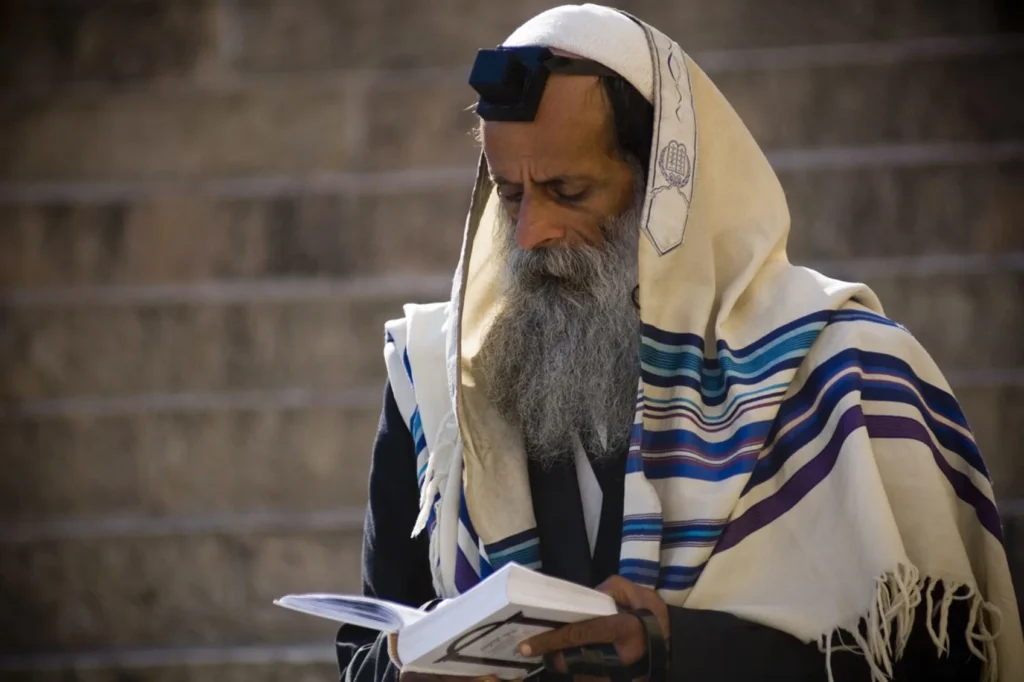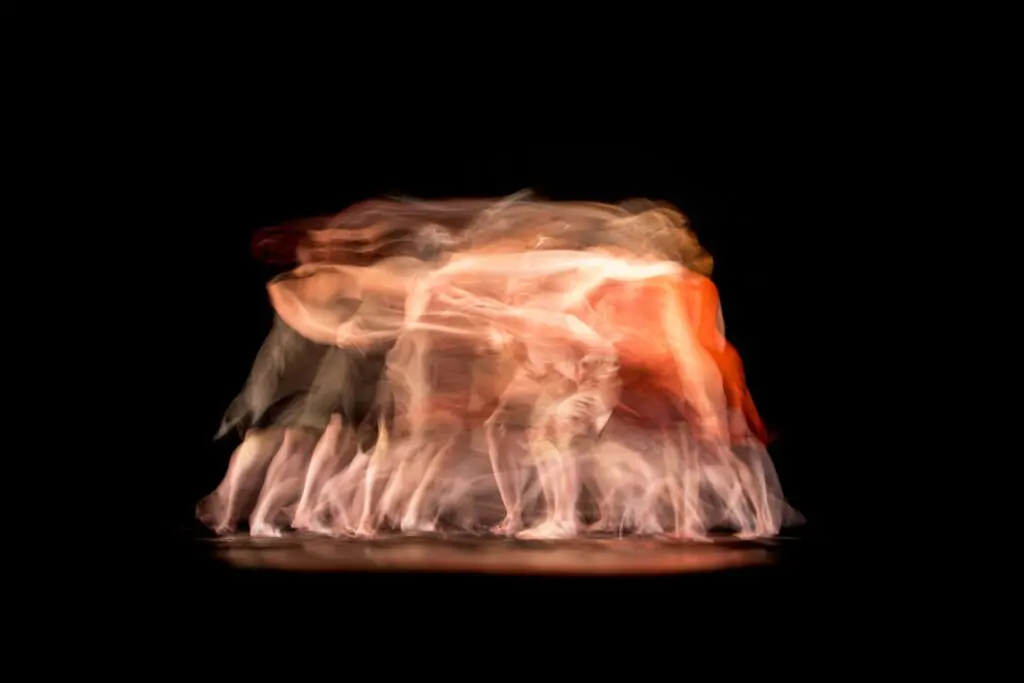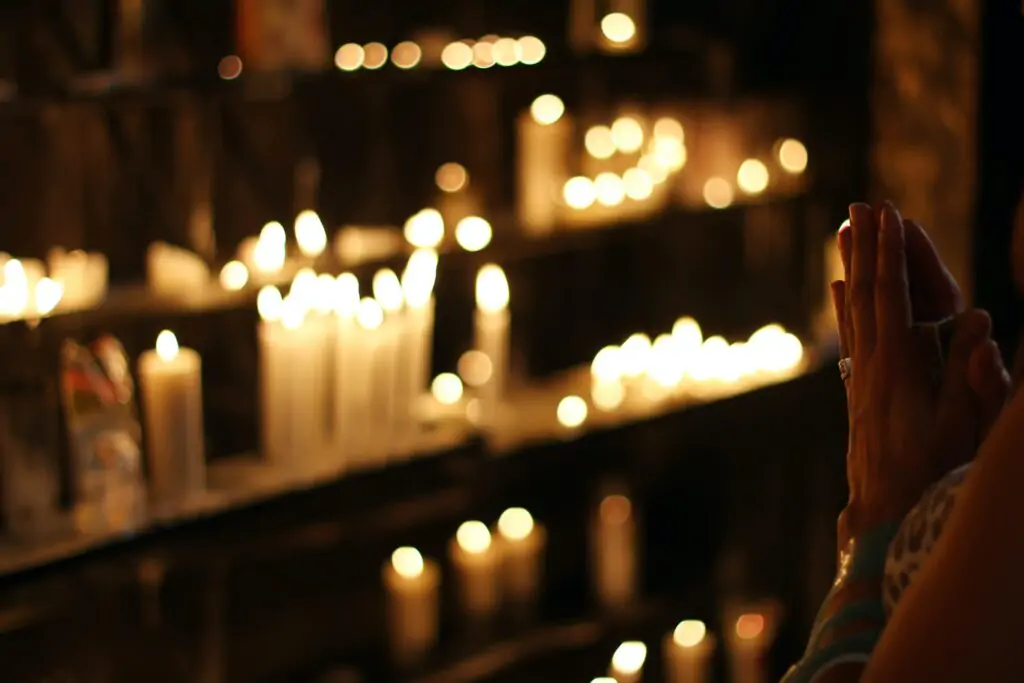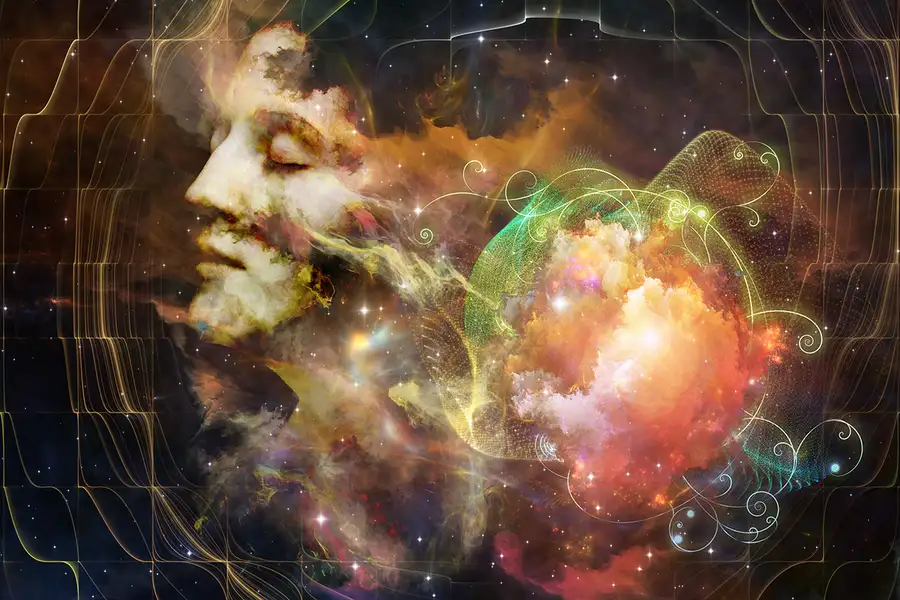Monotheism vs Polytheism: An Exploration of Spiritual Beliefs
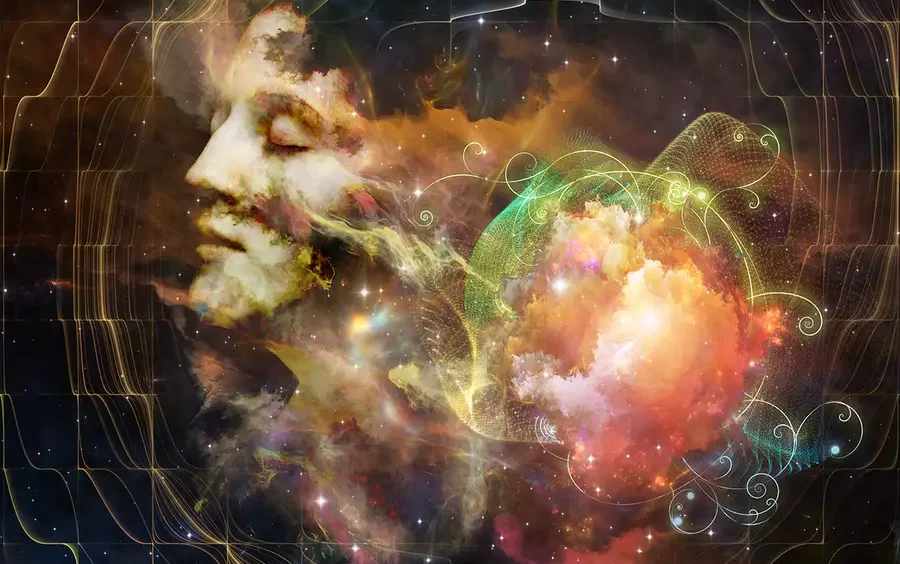
As a blogger, I find the topic of “Monotheism vs. Polytheism” to be endlessly fascinating. These two belief systems have played pivotal roles in shaping the spiritual landscape of our world. Let me take you on a journey through the intricate nuances of these ideologies, starting with the fundamental differences between monotheism and polytheism.
My Take on Monotheism and Polytheism
Understanding Monotheism
Monotheism, derived from the Greek words “monos” (one) and “theos” (god), encompasses the belief in a single, omnipotent, and all-knowing deity. This divine entity is often seen as the creator of the universe, transcending the natural world. The key monotheistic religions, such as Christianity, Islam, and Judaism, all share this core belief.
When delving into the nature of monotheism, it’s essential to grasp the concept of a singular, all-encompassing God. This God is not just a cosmic creator but also a moral compass, endowed with attributes like omniscience, omnipotence, and benevolence. It’s the anchor upon which monotheistic faiths build their beliefs and practices.
Exploring the World of Polytheism
Polytheism, on the other hand, springs from “poly” (many) and “theos” (god) and embraces the belief in multiple deities. These gods and goddesses often govern specific aspects of existence, such as nature, love, war, and wisdom. Polytheistic traditions, like Greek mythology, Hinduism, and ancient Egyptian religion, exemplify the rich tapestry of divinity.
In a polytheistic framework, gods are not a singular omnipotent force but a collection of diverse beings, each with their own powers and personalities. These deities are often interconnected with the natural world and human experiences, making them more relatable and approachable in comparison to the singular God of monotheism.
Theological Distinctions Explored
The Essence of Deity
One of the most striking disparities between monotheism and polytheism lies in their understanding of the divine. In monotheism, God is an indivisible unity—a singular entity responsible for creating and maintaining the universe. The belief in this absolute unity shapes the religious narrative, emphasizing God’s omnipotence and all-encompassing presence.
Conversely, polytheistic belief systems acknowledge a pantheon of deities, each with its domain of influence. These gods and goddesses are not just faceless cosmic forces; they possess distinct personalities and characteristics. For instance, the Greek god Zeus symbolizes supreme authority, while Aphrodite represents love and beauty.
Cosmic Perspectives
Monotheism often aligns with a linear cosmology, where the universe has a clear beginning and end, typically guided by divine intervention. This perspective resonates with the concept of creationism, emphasizing God’s role as the ultimate creator and shaper of the world.
In contrast, polytheistic cosmologies tend to be cyclical, mirroring the eternal cycles of nature. Gods in polytheistic belief systems often preside over these natural rhythms, such as the changing seasons or the cycles of life and death. This cyclical worldview intertwines divinity with the very fabric of existence.
Rituals, Worship, and Moral Ethics
The World of Monotheistic Worship
In the realm of monotheism, worship is a focused endeavor directed solely toward the one God. Worshipers engage in a variety of rituals, including daily prayers, fasting, and, in some cases, pilgrimages to sacred sites. Monotheistic places of worship, such as churches, mosques, and synagogues, serve as communal hubs for spiritual connection.
Monotheistic faiths often provide clear moral guidelines and ethical codes rooted in sacred texts or religious authorities. Concepts like sin, repentance, and redemption play a pivotal role in shaping individual behavior. The belief in divine judgment and an afterlife underscores the significance of adhering to these moral principles.
Embracing Polytheistic Rituals
Polytheistic traditions, in contrast, offer a mosaic of rituals, each designed to honor specific deities. These rituals might involve offerings, sacrifices, and vibrant festivals dedicated to individual gods and goddesses. Places of worship in polytheistic religions span from ornate temples and shrines to serene natural locales like rivers, mountains, and forests.
Polytheistic ethics are diverse, often aligning with the values and virtues associated with particular deities. These values can encompass honor, hospitality, and loyalty, reflecting the cultural context from which these belief systems emerge.
Cultural and Historical Significance
Monotheism’s Enduring Legacy
Monotheistic religions have undeniably left their mark on human history and culture. For example, Christianity’s influence has permeated the Western world, shaping its moral and cultural fabric. Similarly, Islam has played a pivotal role in advancing fields like science, mathematics, and philosophy in the Middle East.
The Legacy of Polytheism
Polytheistic belief systems have equally profound historical legacies. Ancient Egypt’s polytheism, for instance, is intimately tied to the construction of monumental structures like the pyramids and the development of intricate burial practices. Hinduism, a prominent polytheistic religion, has enriched the Indian subcontinent’s art, music, and philosophy for millennia.
Modern Perspectives and Challenges
Challenges in Monotheistic Societies
In contemporary monotheistic societies, the interplay between ancient teachings and modern complexities gives rise to theological questions. Issues like theodicy—theodicy, which grapples with the existence of evil in a world created by an all-powerful and benevolent God—continue to be topics of deep contemplation. These inquiries often lead to diverse interpretations and sects within monotheistic faiths.
Polytheism in the Modern World
Polytheistic beliefs have persisted in various forms in modern times. Some individuals seek to revive ancient polytheistic traditions, breathing new life into age-old rituals and practices. Others adopt an eclectic approach, blending elements of polytheism with diverse spiritual practices. This adaptability underscores the resilience and enduring relevance of polytheistic worldviews.
The Evolving Landscape of Spirituality
In our rapidly changing world, the coexistence of monotheism and polytheism raises thought-provoking questions about the future of spirituality.
Monotheism’s Ongoing Relevance
Monotheistic faiths, while rooted in ancient traditions, continue to evolve and adapt to contemporary challenges. The enduring appeal of monotheism lies in its profound moral guidance and the assurance of a single, compassionate God who oversees the universe. As the world becomes more interconnected, monotheistic religions grapple with issues of social justice, environmental stewardship, and ethical technology use. These faiths are reshaping their teachings to address these pressing concerns while maintaining their core principles.
Rediscovering Polytheism
Polytheism, once considered an ancient relic, is experiencing a renaissance in the modern world. Individuals seeking a deeper connection to nature and a more personalized spirituality are turning to polytheistic beliefs. The diverse pantheon of deities offers a multitude of avenues for spiritual exploration, allowing practitioners to choose gods and goddesses that resonate with their values and experiences. This resurgence also fosters a sense of community, as polytheistic gatherings and festivals become more prominent in various cultures.
The Intersection of Faith
Bridging the Gap
While monotheism and polytheism may appear divergent, there are instances where these belief systems intersect and even overlap. Some monotheistic traditions incorporate the veneration of saints or angels, blurring the line between monotheism and henotheism (the belief in one primary god while recognizing the existence of others). Similarly, some polytheistic practitioners incorporate monotheistic elements, acknowledging a supreme deity alongside their pantheon.
These intersections reveal the dynamic nature of spirituality, demonstrating that rigid divisions often fail to capture the complexity of individual beliefs and experiences.
The Search for Common Ground
In an era marked by religious diversity, dialogue between monotheists and polytheists can foster mutual understanding and respect. Recognizing the shared moral values of compassion, justice, and kindness can serve as a starting point for constructive conversations. Interfaith initiatives and forums allow individuals from various spiritual backgrounds to engage in meaningful discussions, promoting unity amidst diversity.
Concluding Thoughts
In the ever-evolving tapestry of human spirituality, monotheism and polytheism stand as contrasting yet profoundly influential threads. While monotheism venerates a single, omnipotent God, polytheism celebrates a diverse pantheon of gods and goddesses, each with their unique qualities. These belief systems have woven themselves into the very fabric of cultures, morals, and worldviews throughout history, enriching the human experience.
As individuals and societies continue their quest for meaning and connection with the divine, both monotheism and polytheism offer invaluable perspectives that contribute to the tapestry of spiritual diversity in our world.
 English
English 




























